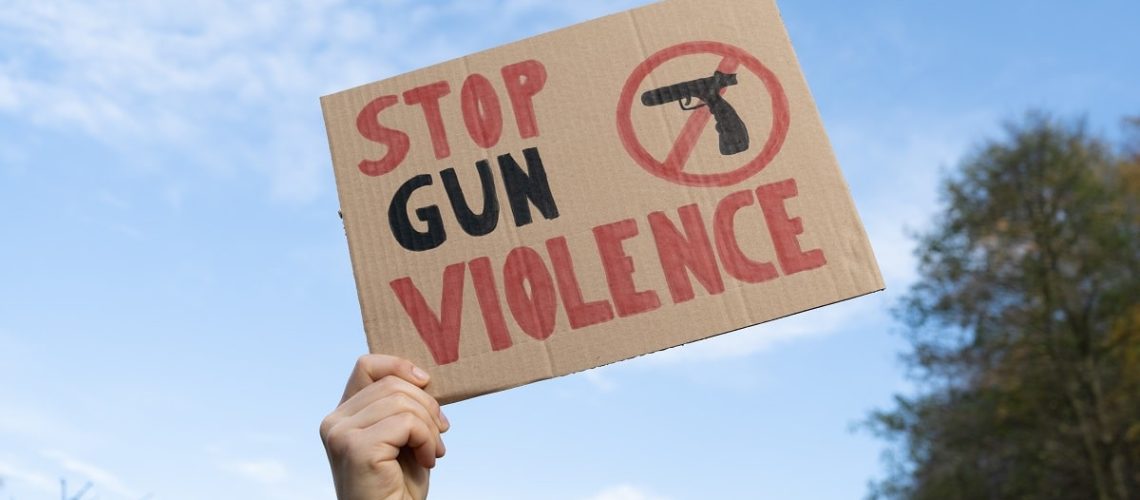The recent assassination attempt on former President Donald Trump has reignited the debate over gun control in America. This tragic event is one of nearly 300 mass shootings in the U.S. this year alone. As we reflect on the historical impact of presidential shootings, will this latest incident finally push for stricter gun laws?
1. Assassination Risk
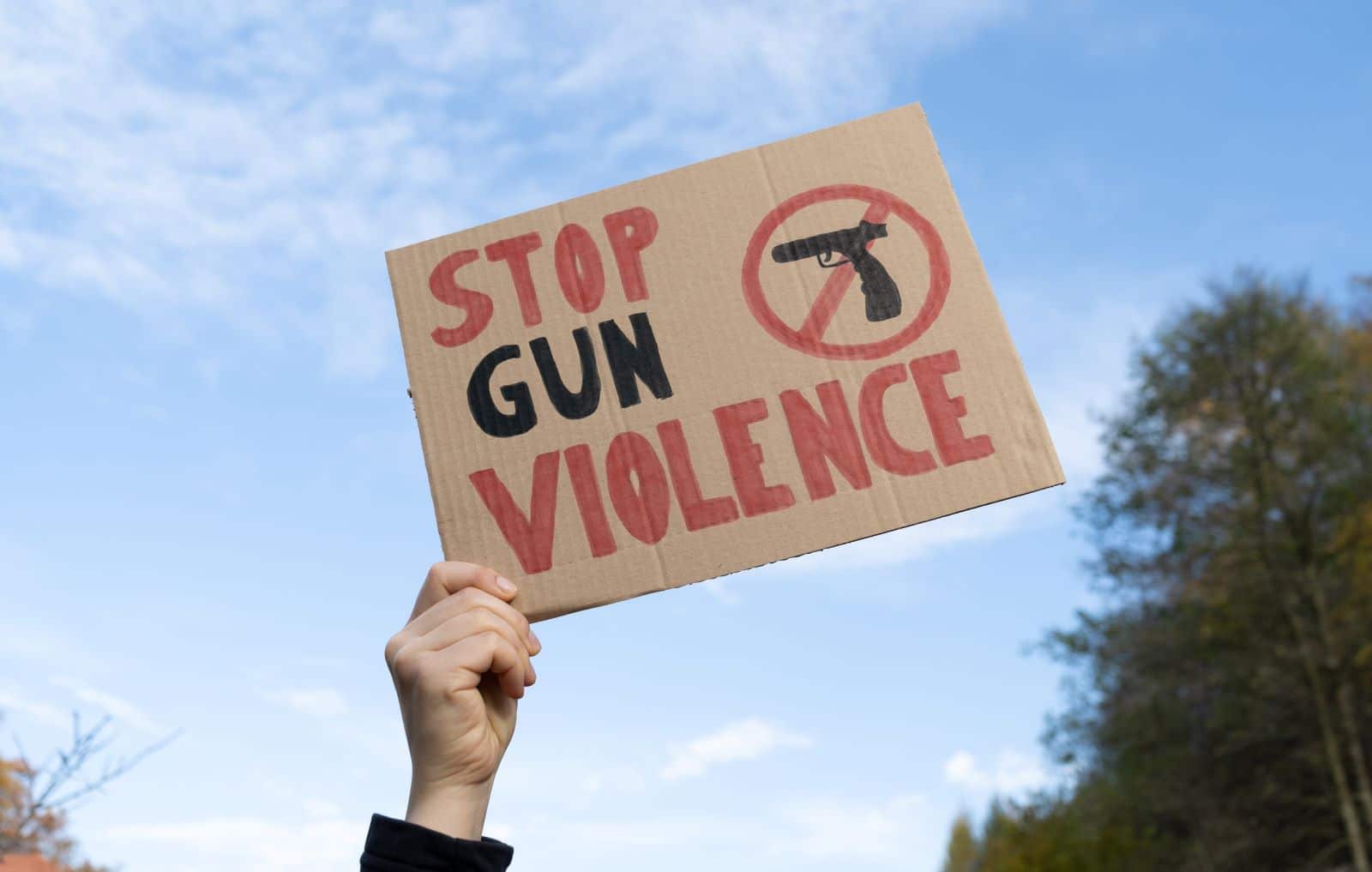
The shooting of Donald Trump and three rally attendees highlights the persistent threat of political violence. The use of an AR-15, a weapon involved in many mass shootings, underscores the need for stricter gun regulations.
2. Historical Precedent: JFK Assassination
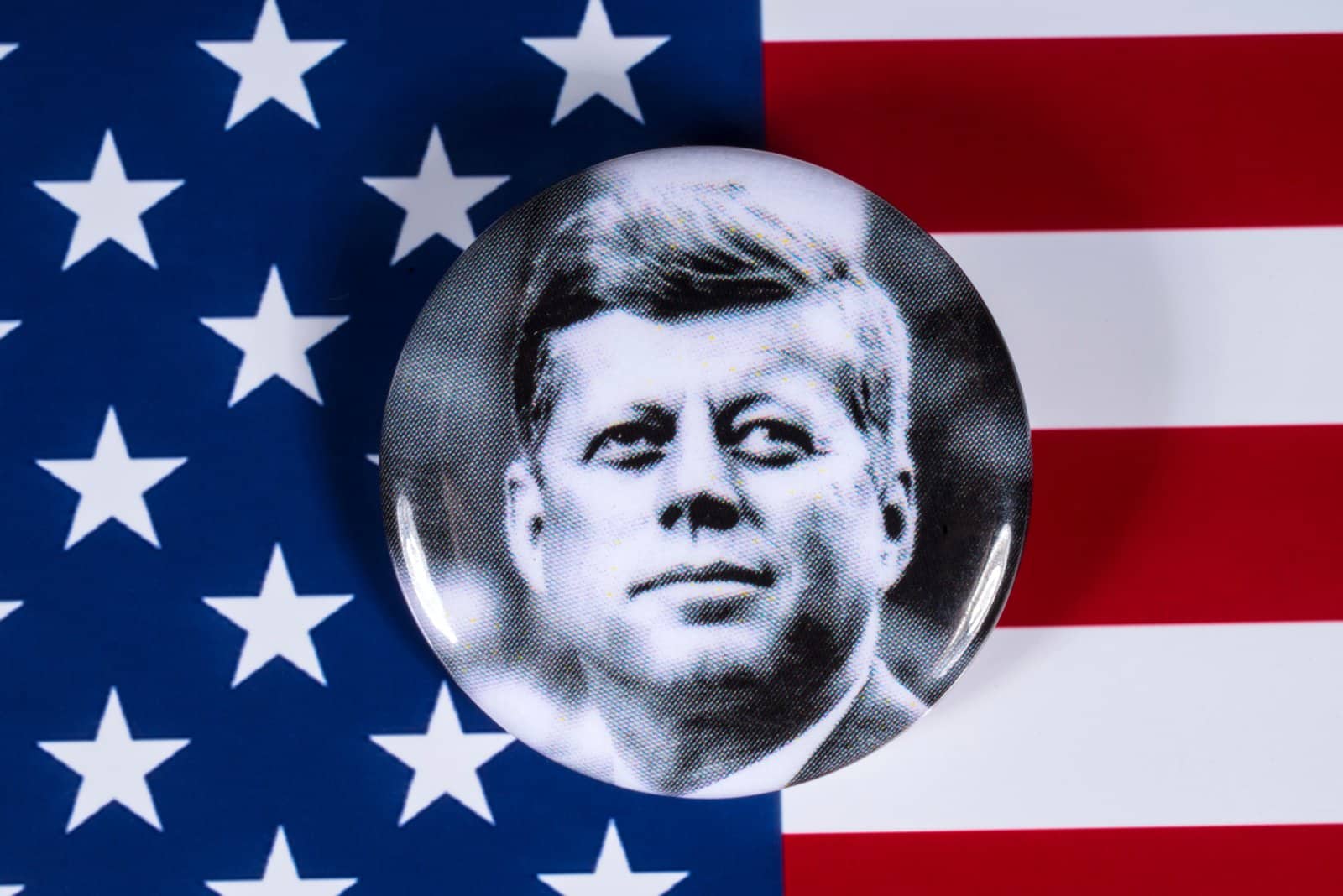
President John F. Kennedy’s assassination in 1963 sparked significant gun control debates. Lee Harvey Oswald used a mail-order rifle, leading to calls for tighter regulations. This tragic event eventually contributed to the Gun Control Act of 1968.
3. The 1968 Gun Control Act
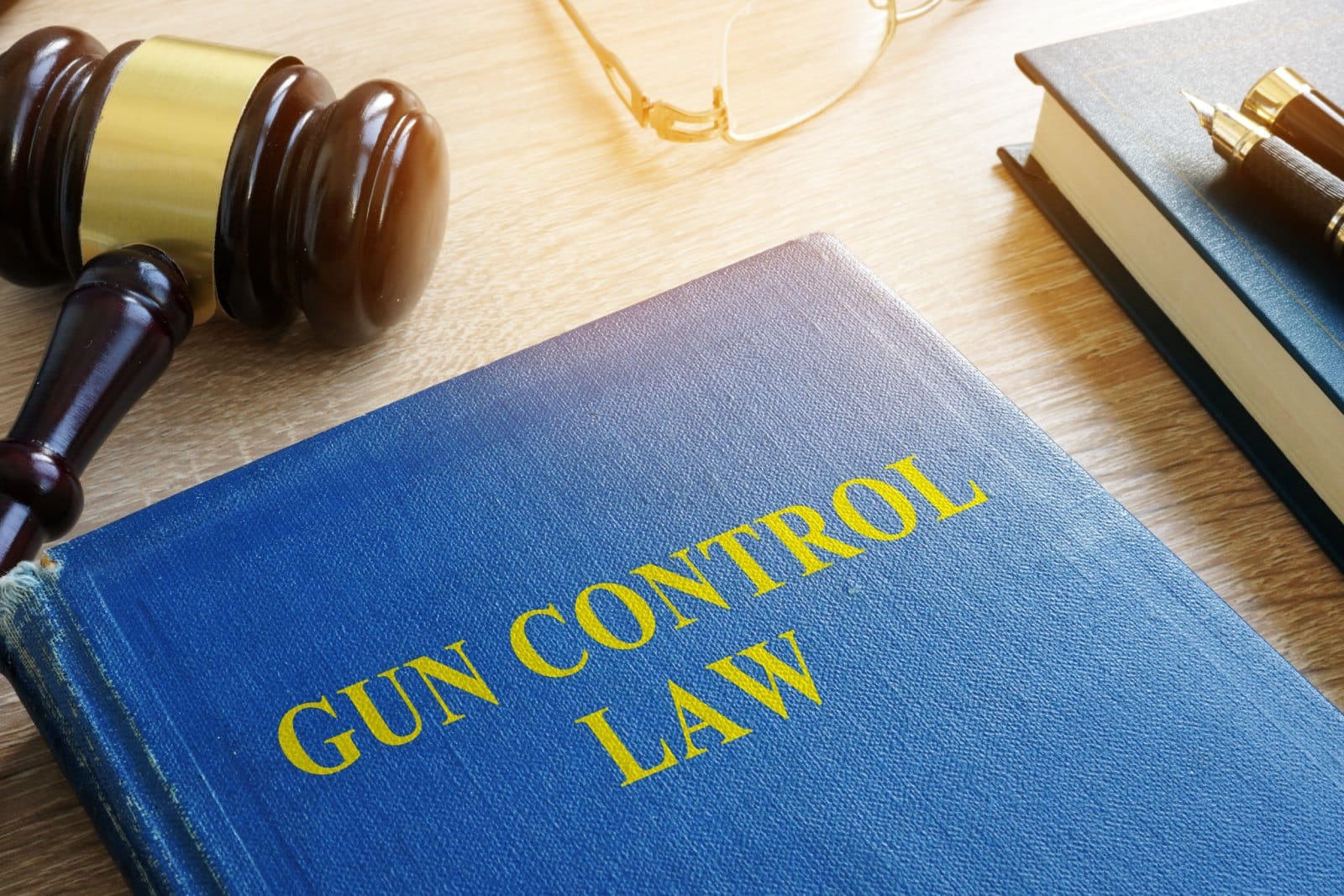
The Gun Control Act, passed after the assassinations of JFK, MLK Jr., and Robert Kennedy, introduced age restrictions and prohibited sales to certain groups. It marked a major step in federal gun regulation. Could Trump’s shooting lead to similar reforms?
4. Martin Luther King Jr. and Robert Kennedy
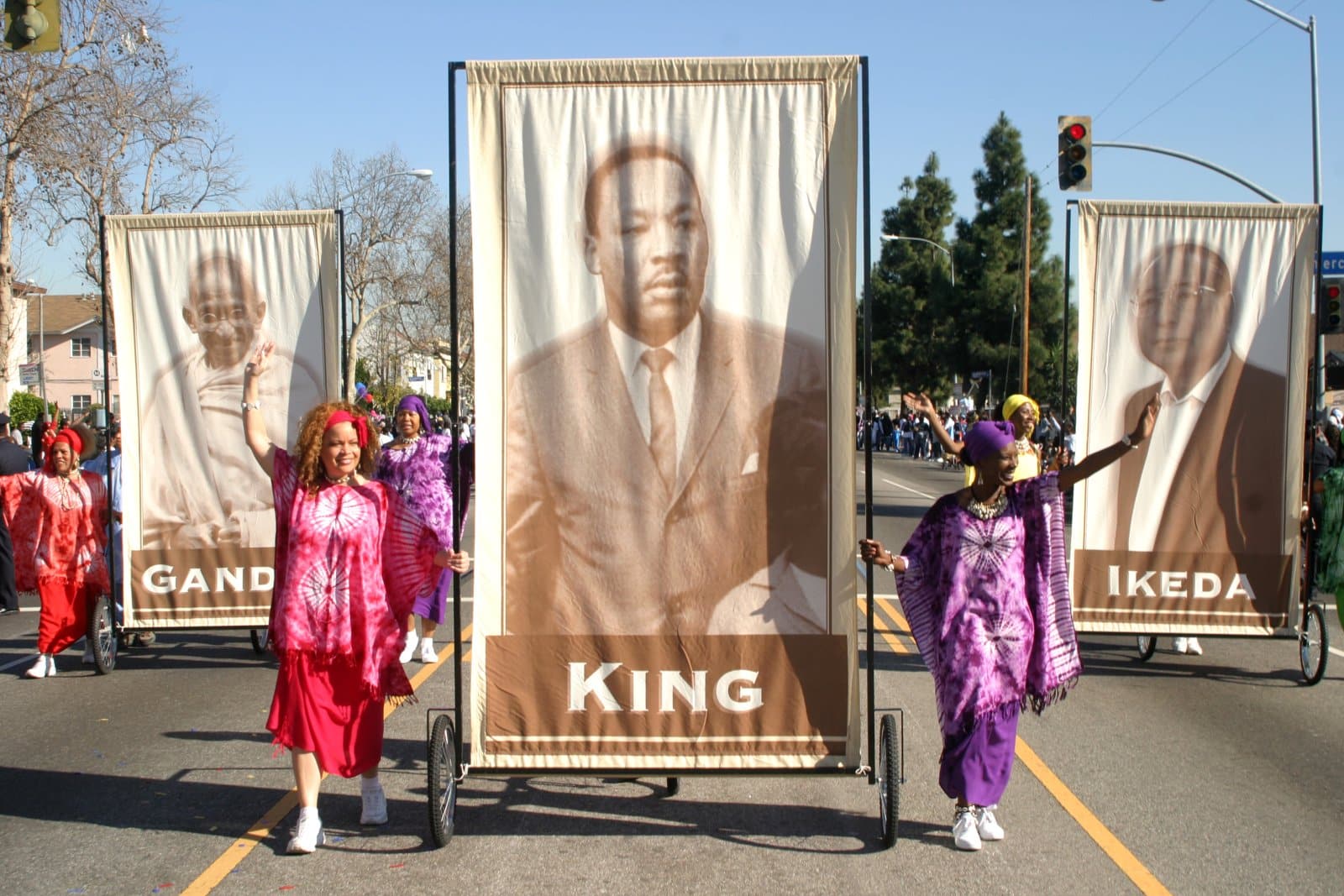
The murders of Martin Luther King Jr. and Robert Kennedy in 1968 provided the final push for the Gun Control Act. Their deaths highlighted the urgent need for gun reform, which had faced significant opposition.
5. Reagan’s Assassination Attempt
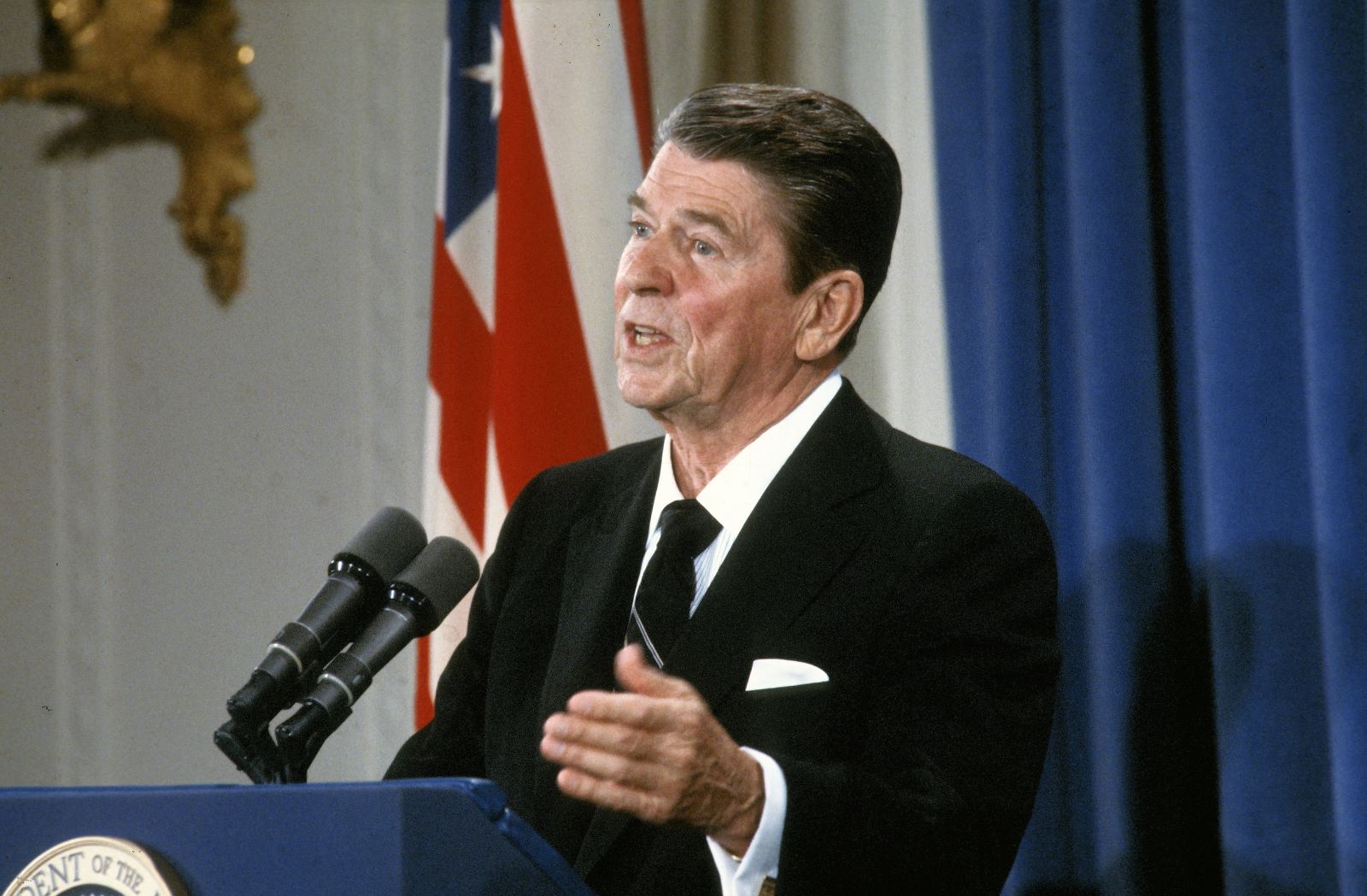
The 1981 attempt on President Reagan’s life led to the Brady Bill, mandating background checks and waiting periods. This reform aimed to prevent similar attacks in the future. Reagan’s support for the bill was crucial for its passage.
6. The Brady Act’s Impact
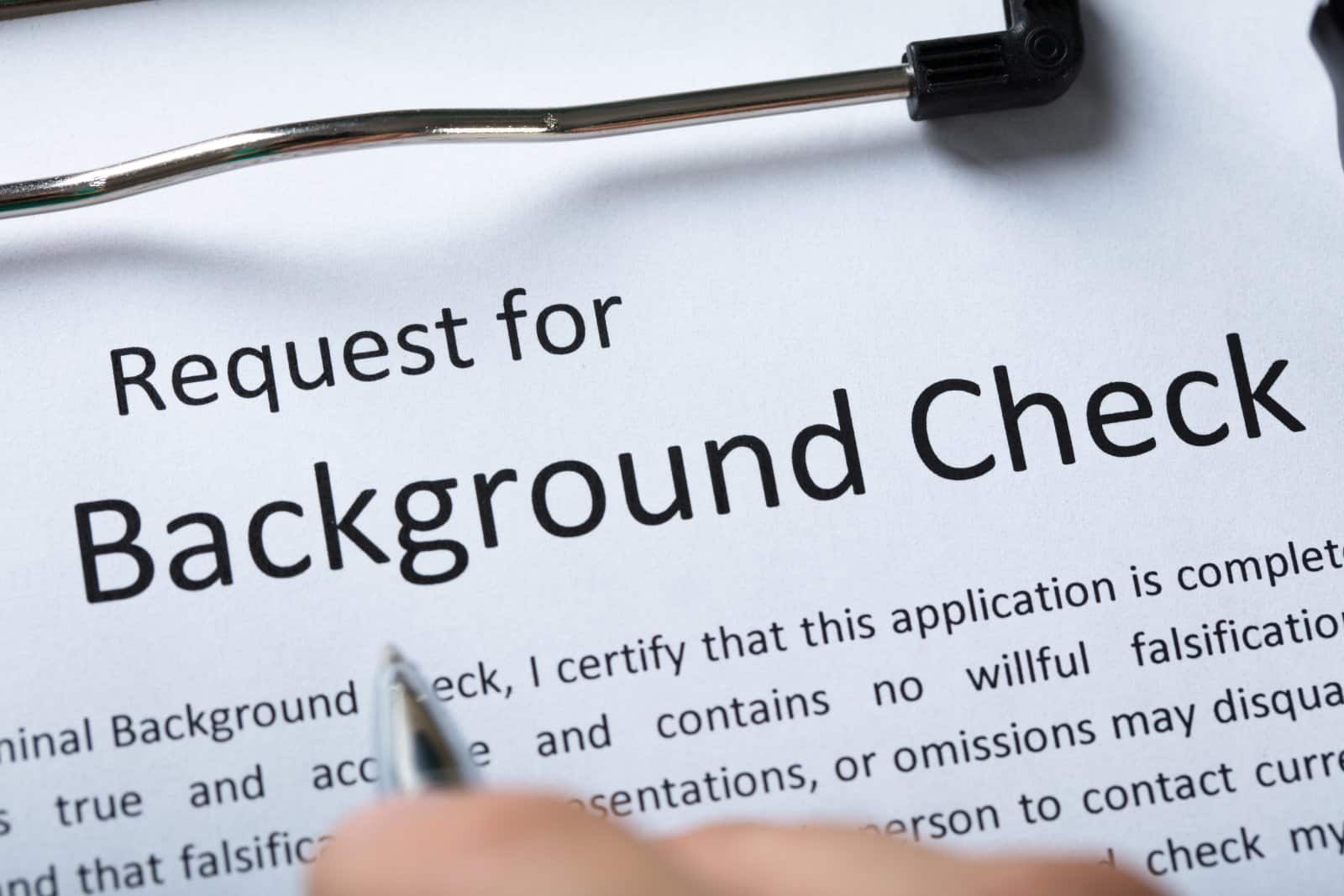
The Brady Act, passed in 1993, resulted in significant reductions in gun-related deaths. Its background checks and waiting periods are seen as essential measures to control firearm access.
7. Clinton’s Assault Weapons Ban
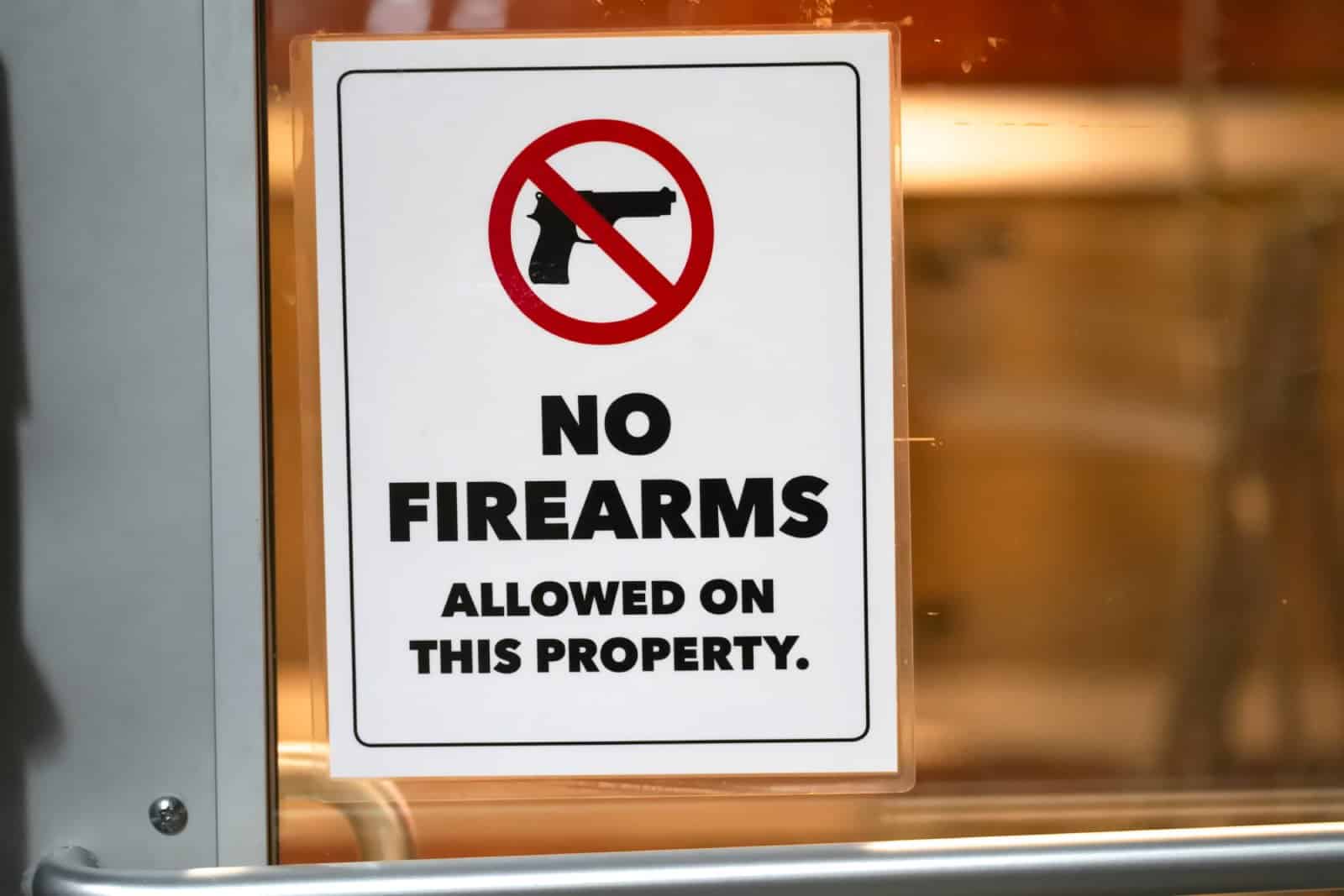
The Federal Assault Weapons Ban of 1994, supported by former presidents Reagan, Carter, and Ford, aimed to reduce gun violence. Although it expired in 2004, its legacy influences current gun control debates.
8. Trump’s Influence on Gun Laws
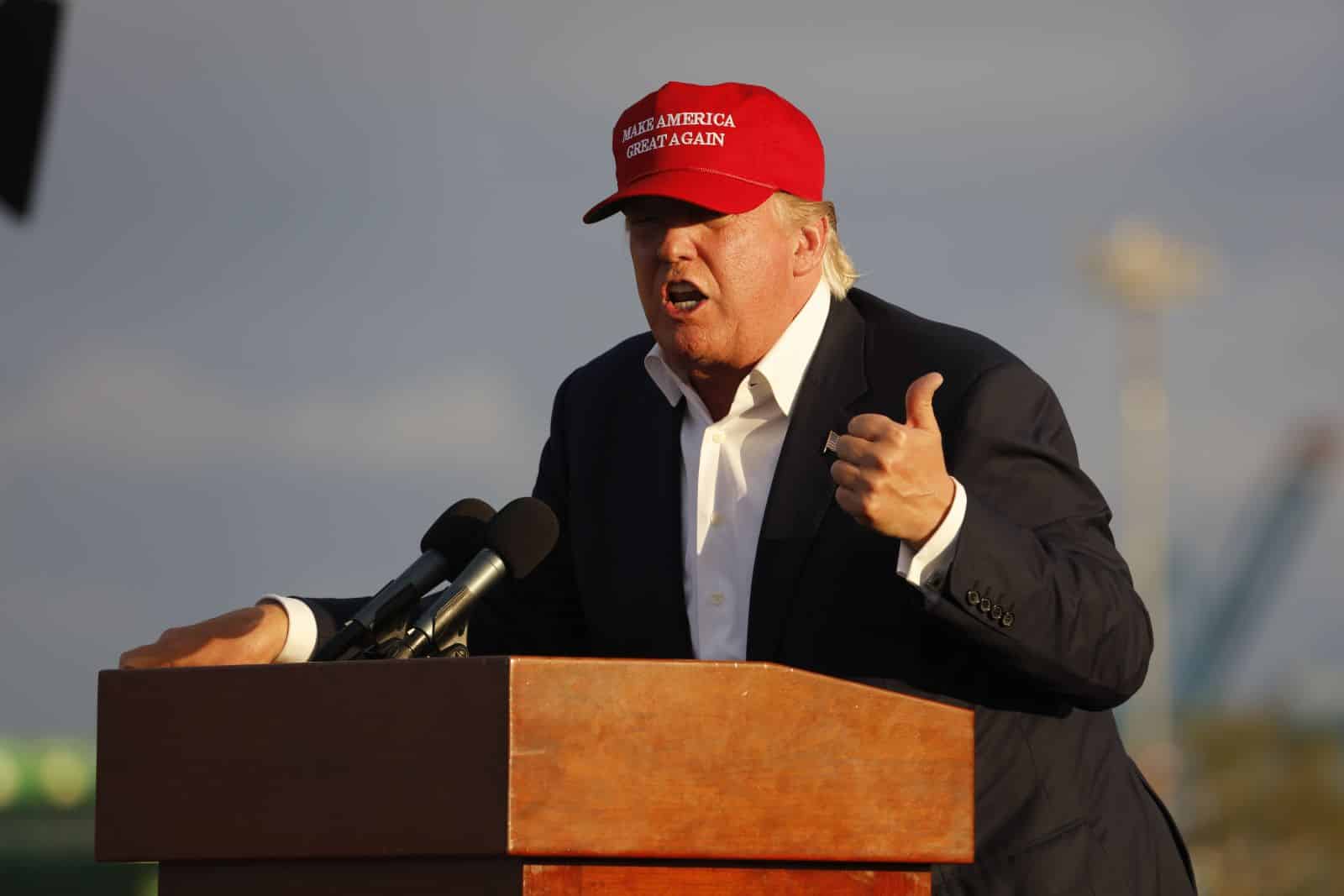
Despite surviving an assassination attempt, Trump’s stance on gun control remains unchanged. His influence on the Republican Party could determine the future of gun regulations.
9. NRA’s Power and Influence
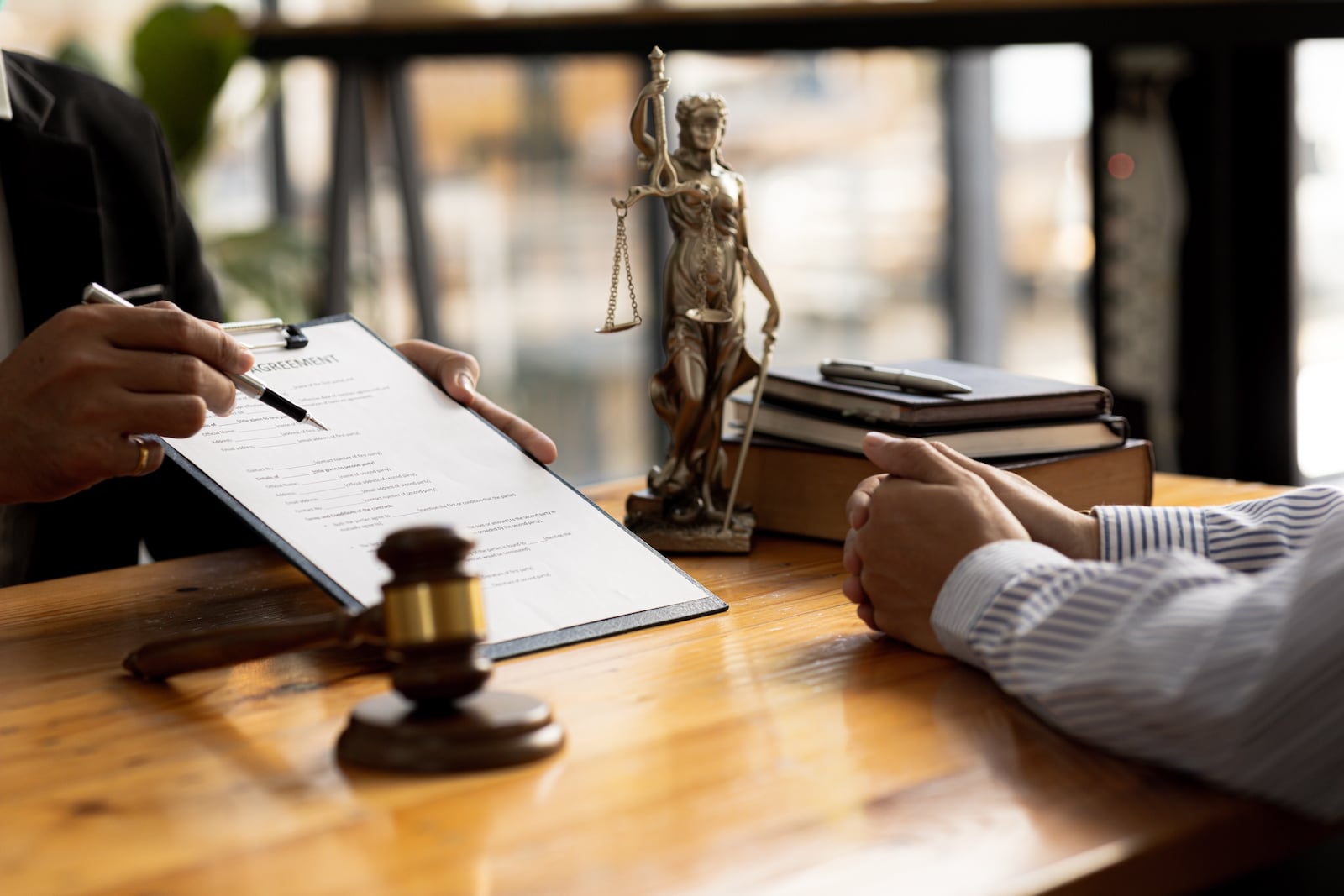
The NRA has historically opposed gun control measures, including background checks and assault weapon bans. Their lobbying efforts continue to shape U.S. gun laws despite recent financial and leadership troubles.
10. AR-15: America’s Rifle
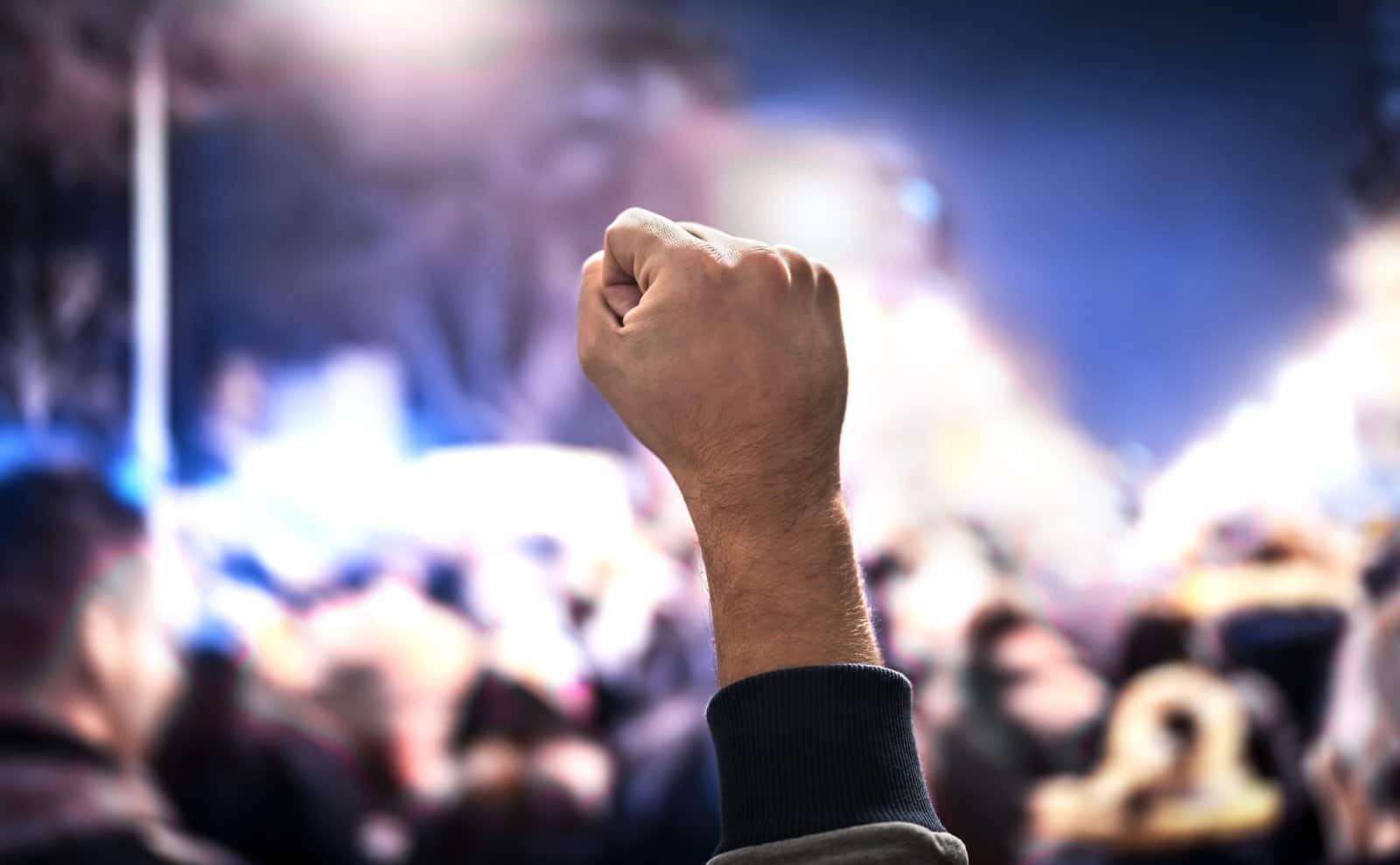
The AR-15, used in Trump’s shooting, is a symbol of the gun rights movement. Its popularity and the political battles over its regulation highlight the deep divisions in American society.
11. Political Polarization
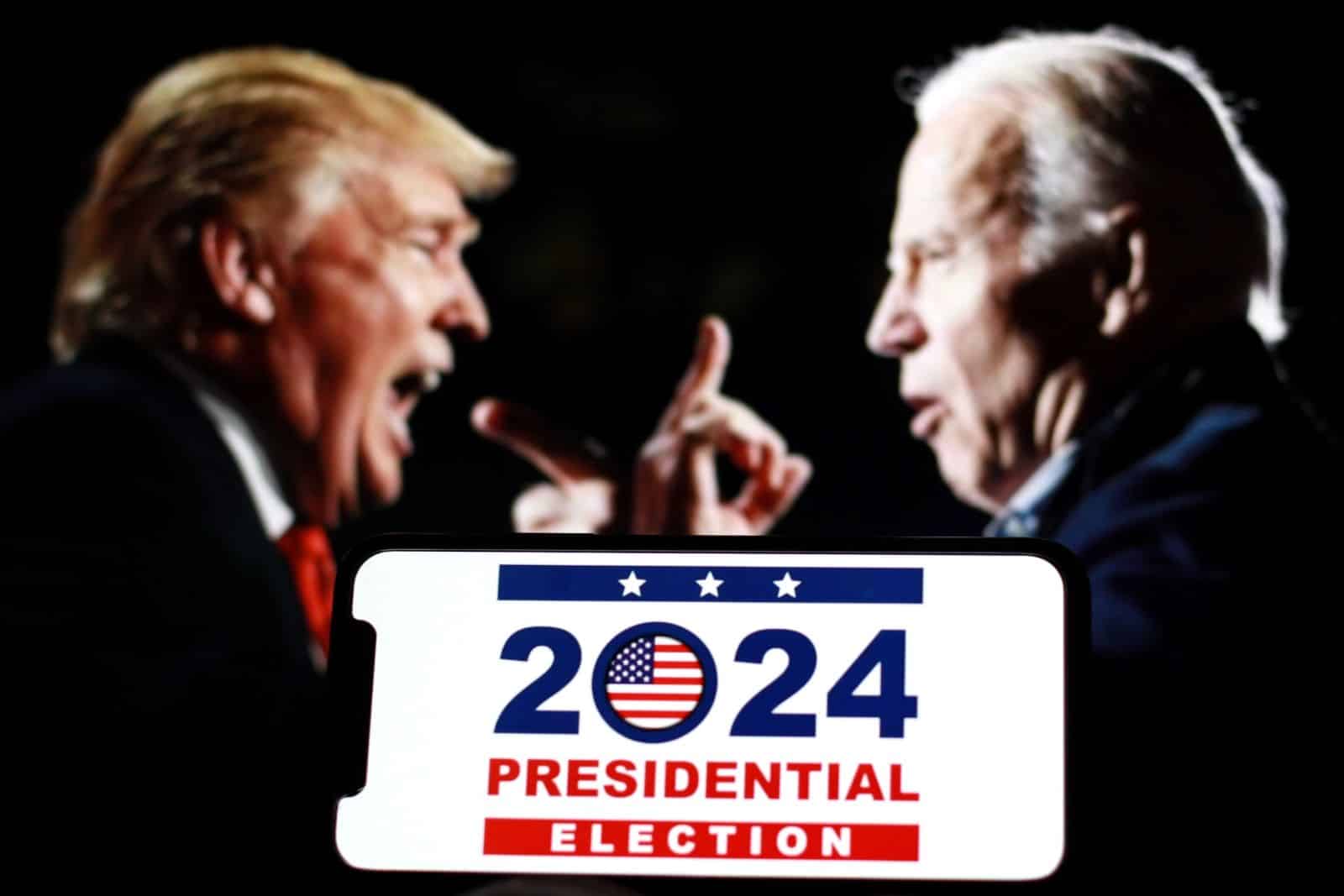
Gun control is a highly polarizing issue, with significant opposition from Republicans and strong support from Democrats. This division complicates efforts to pass new regulations.
12. Public Opinion on Gun Control
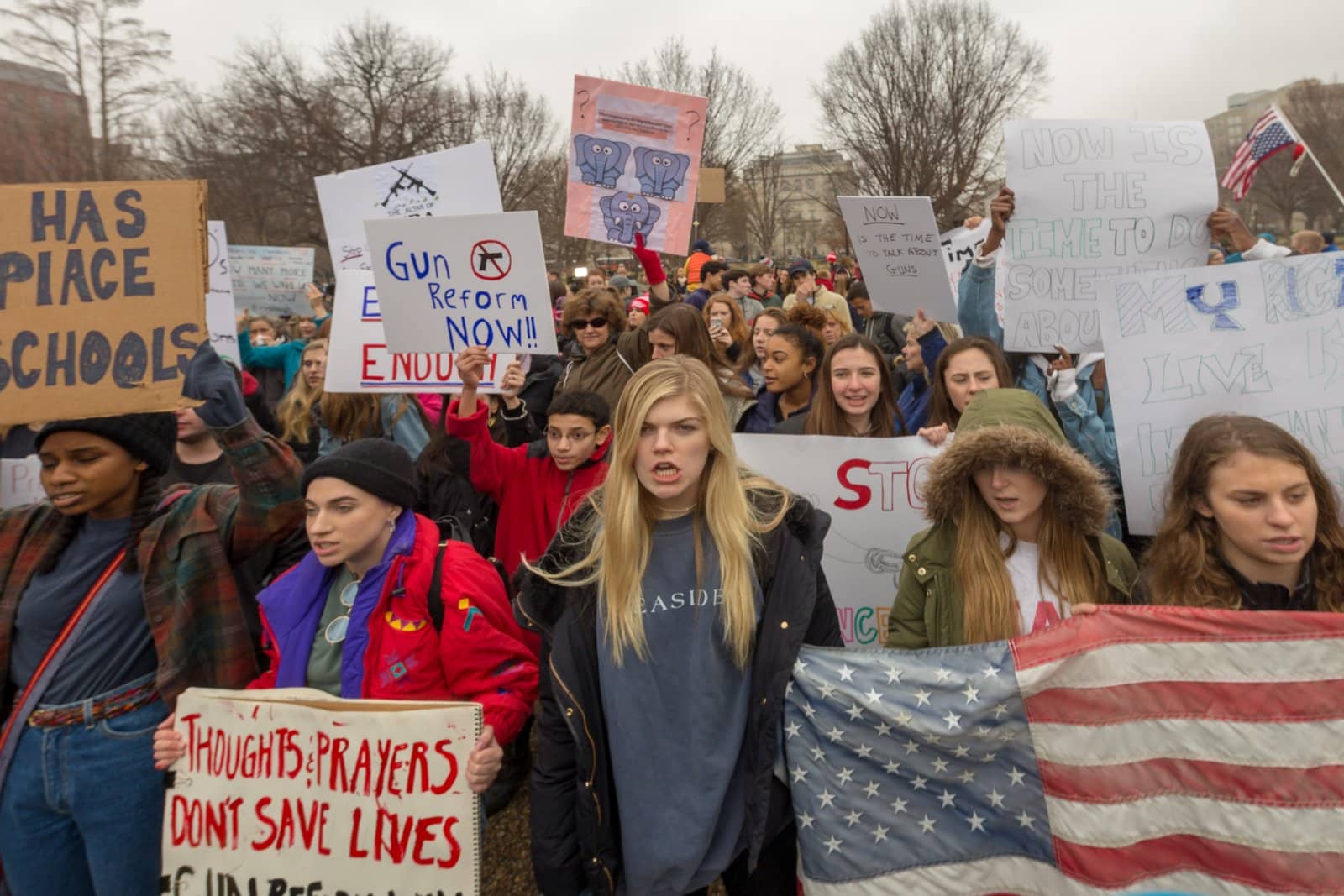
Polls show that a majority of Americans support stricter gun laws, including background checks and assault weapon bans. However, legislative action often lags behind public sentiment.
13. Mental Health and Gun Violence
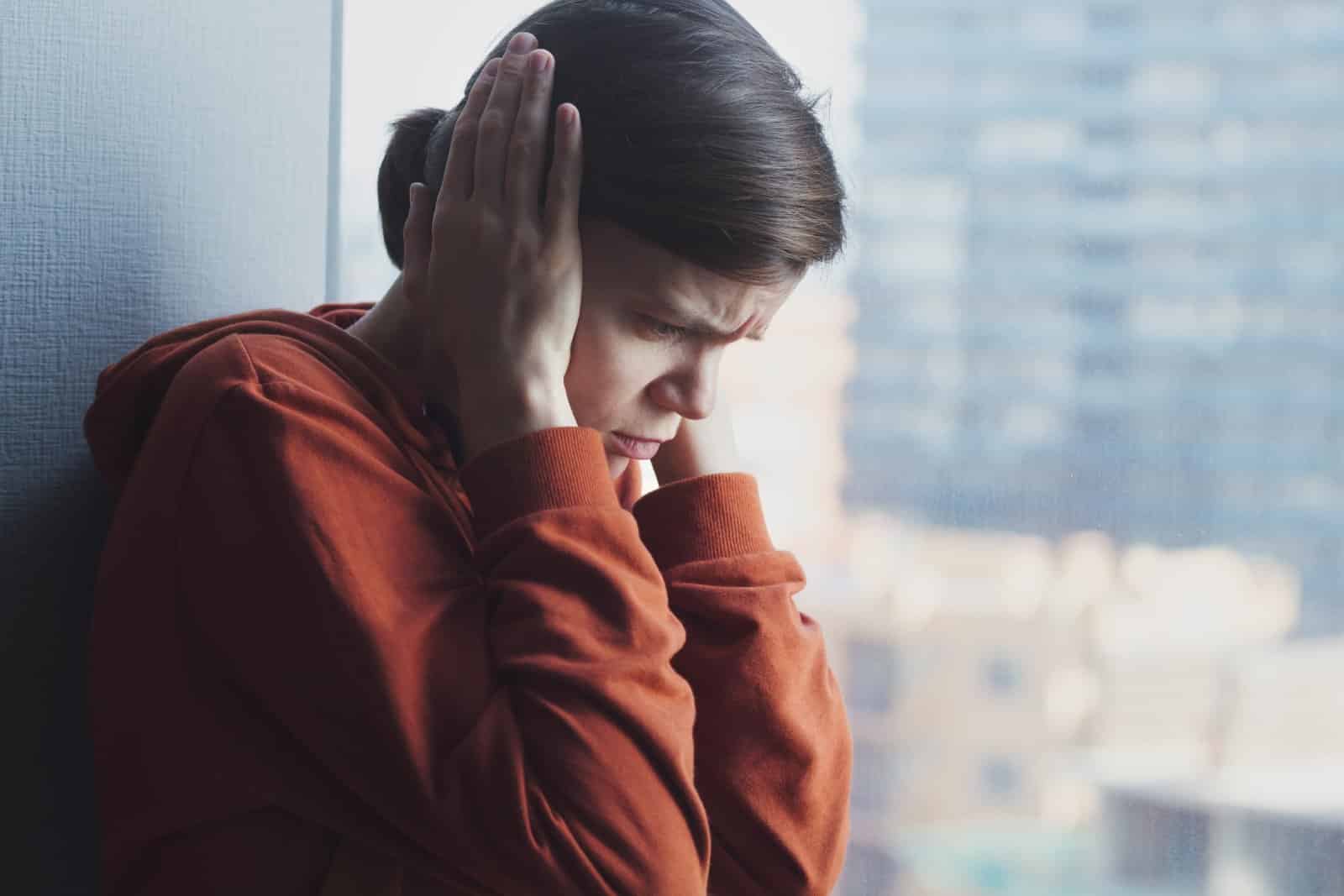
Republicans often cite mental health issues as the primary cause of gun violence, advocating for better mental health support rather than stricter gun laws. This perspective influences their policy proposals.
14. Economic Impact of Gun Violence
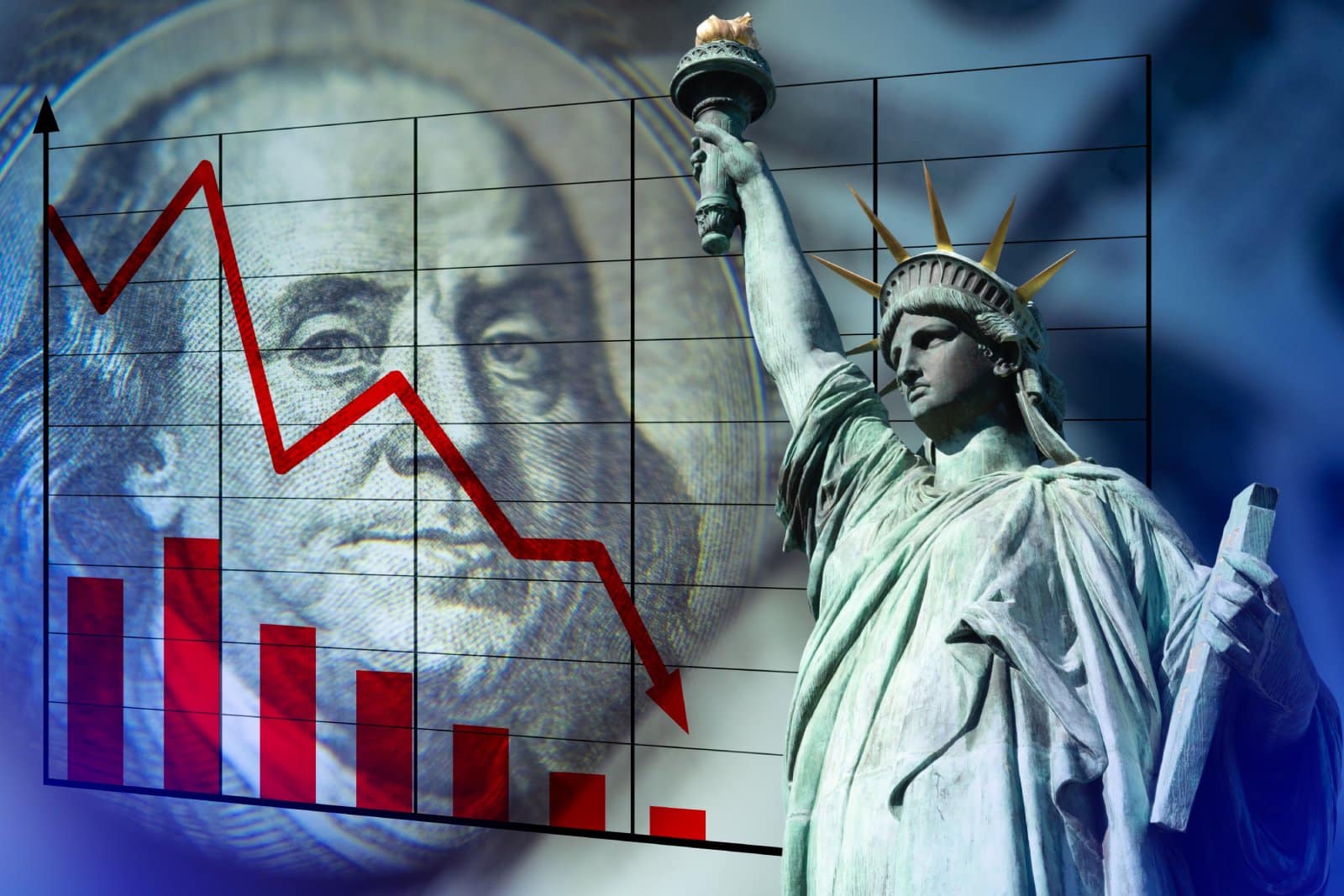
Gun violence has significant economic costs, including healthcare, law enforcement, and lost productivity. Stricter gun laws could reduce these costs, benefiting the economy.
15. The Role of Social Media

Social media amplifies the debate over gun control, spreading both support and opposition. It also plays a role in radicalizing individuals and spreading extremist ideologies.
16. International Comparisons
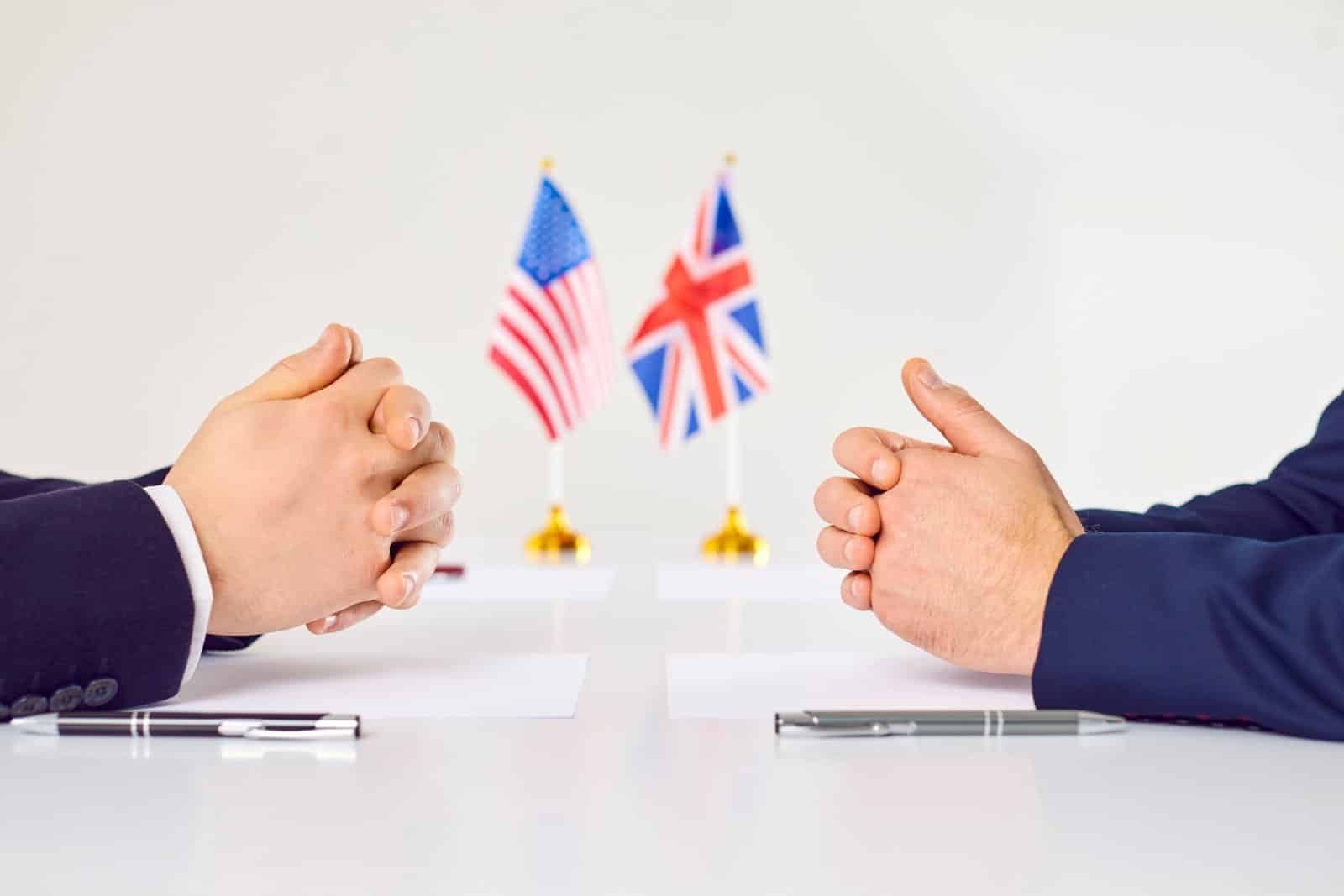
Countries with stricter gun laws, such as Australia and the UK, have significantly lower rates of gun violence. These examples provide a model for potential U.S. reforms.
17. Recent Legislative Efforts
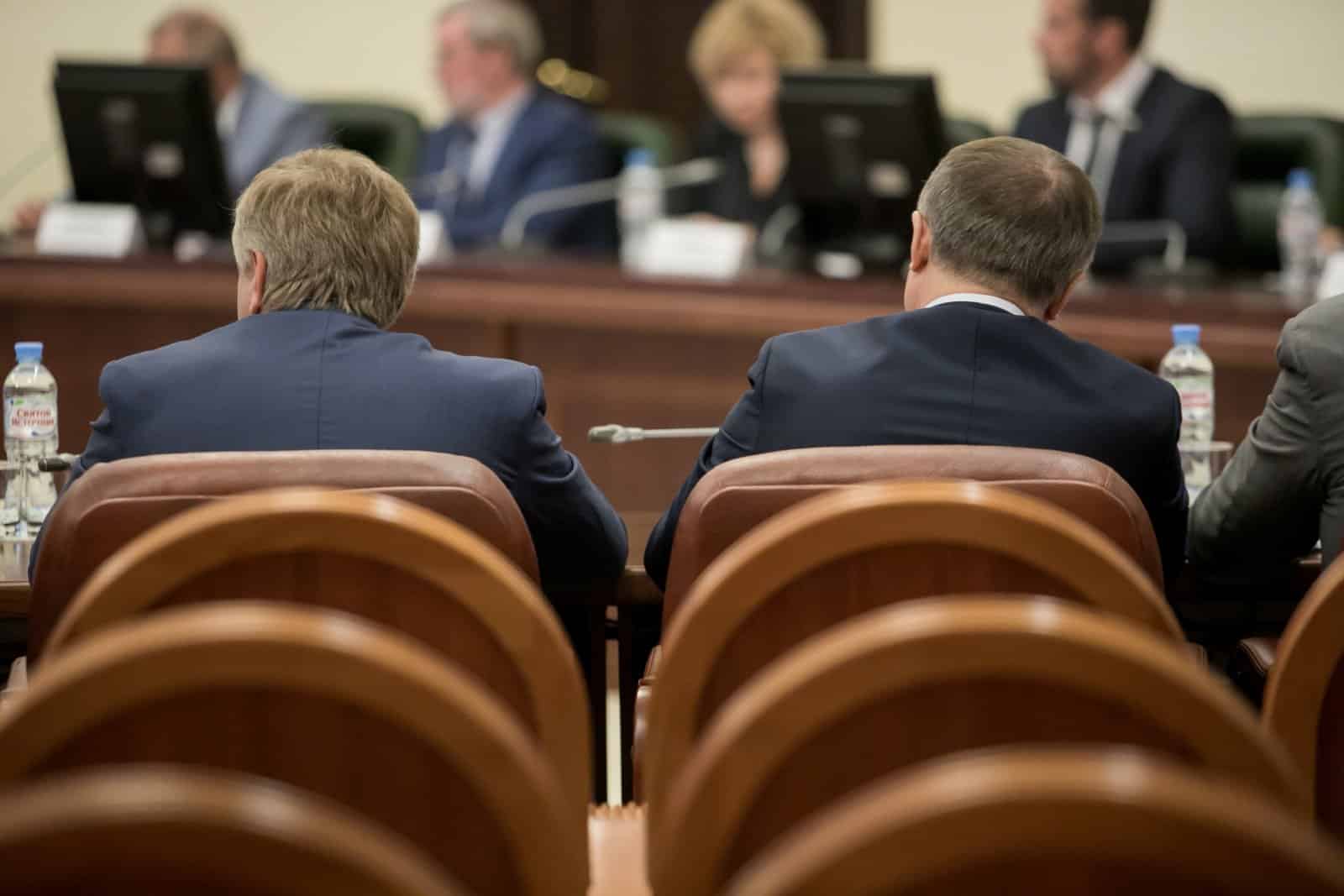
Recent attempts to pass gun control legislation have faced significant hurdles. Despite numerous mass shootings, Congress has struggled to enact meaningful reforms.
18. State vs. Federal Regulations
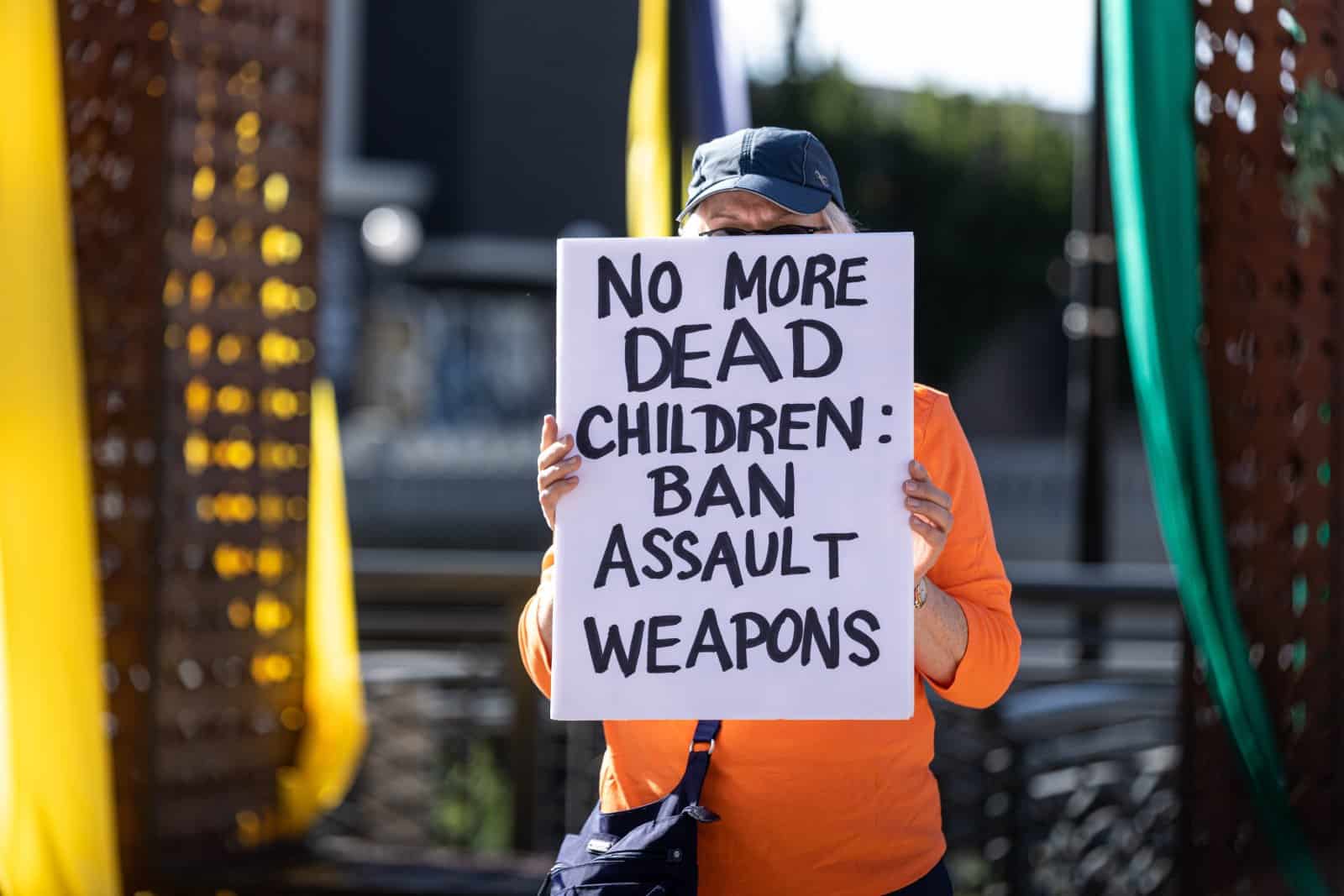
State-level gun laws vary widely, with some states enacting strict regulations and others maintaining lax policies. This patchwork approach complicates national efforts to control gun violence.
19. Youth Activism
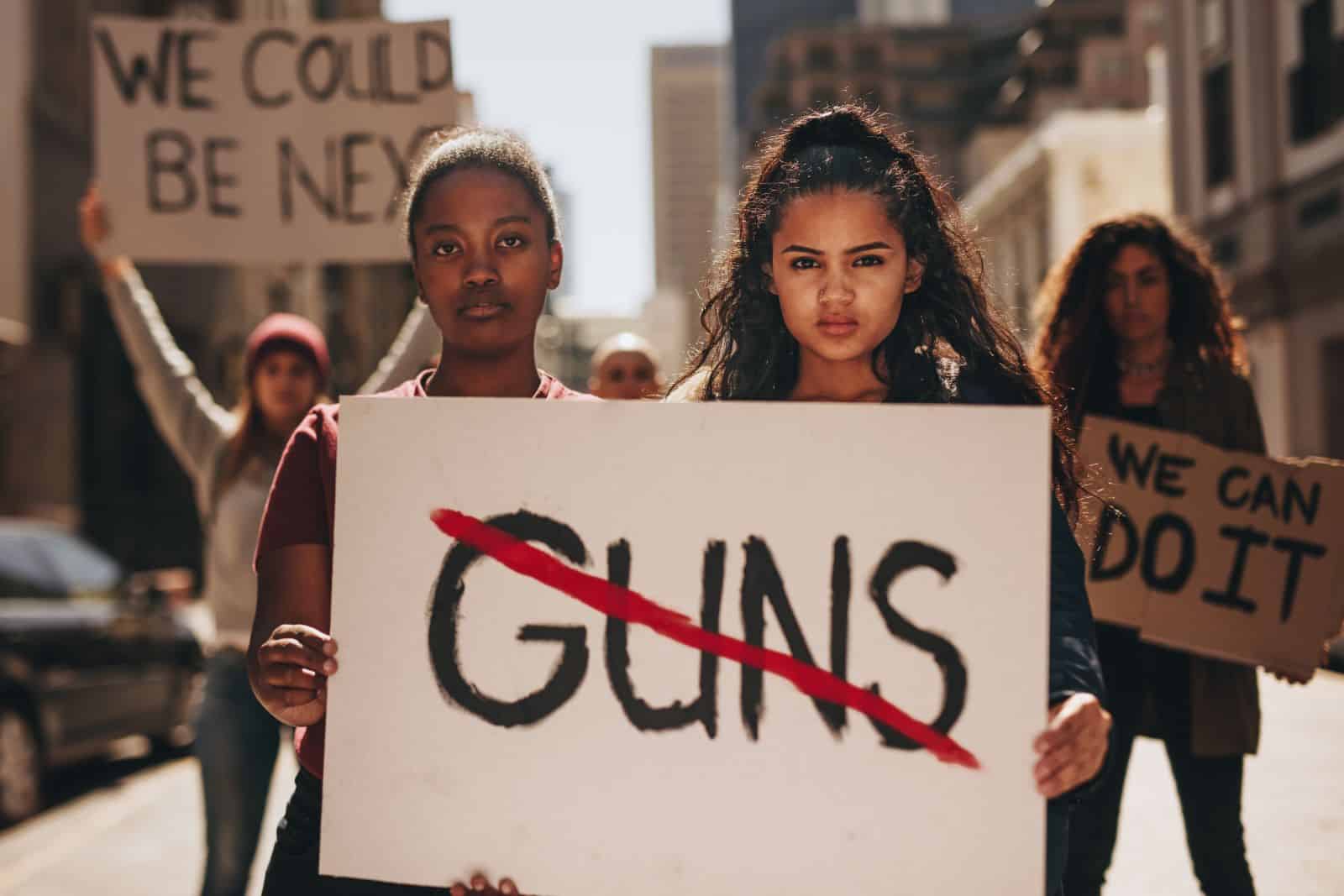
Youth activists, galvanized by school shootings, have become prominent voices in the gun control movement. Their efforts have brought renewed attention to the issue.
20. The 2024 Election and Gun Control
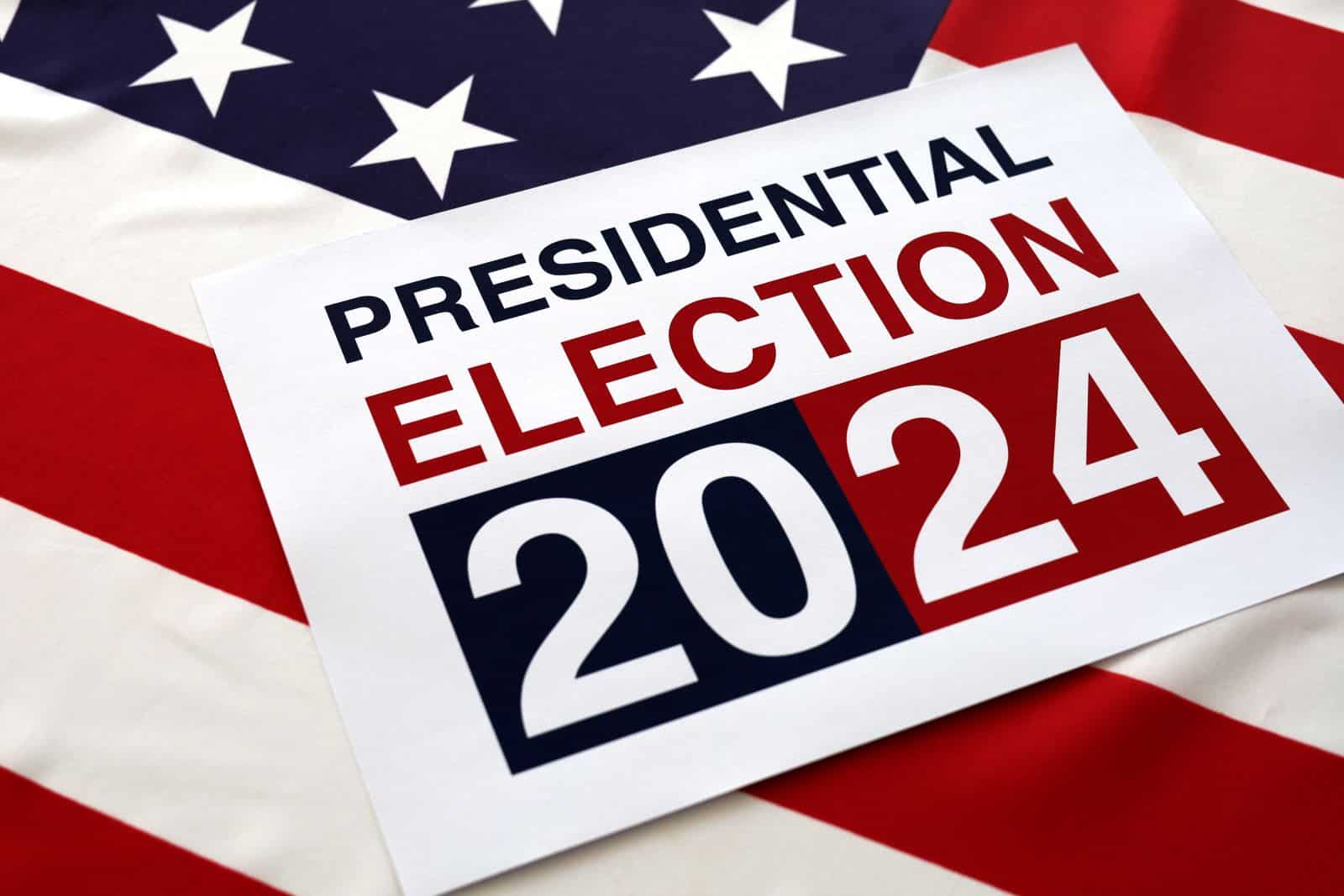
The outcome of the 2024 election could determine the future of gun control in America. Candidates’ positions on gun regulation will be a crucial factor for many voters.
21. The Path Forward
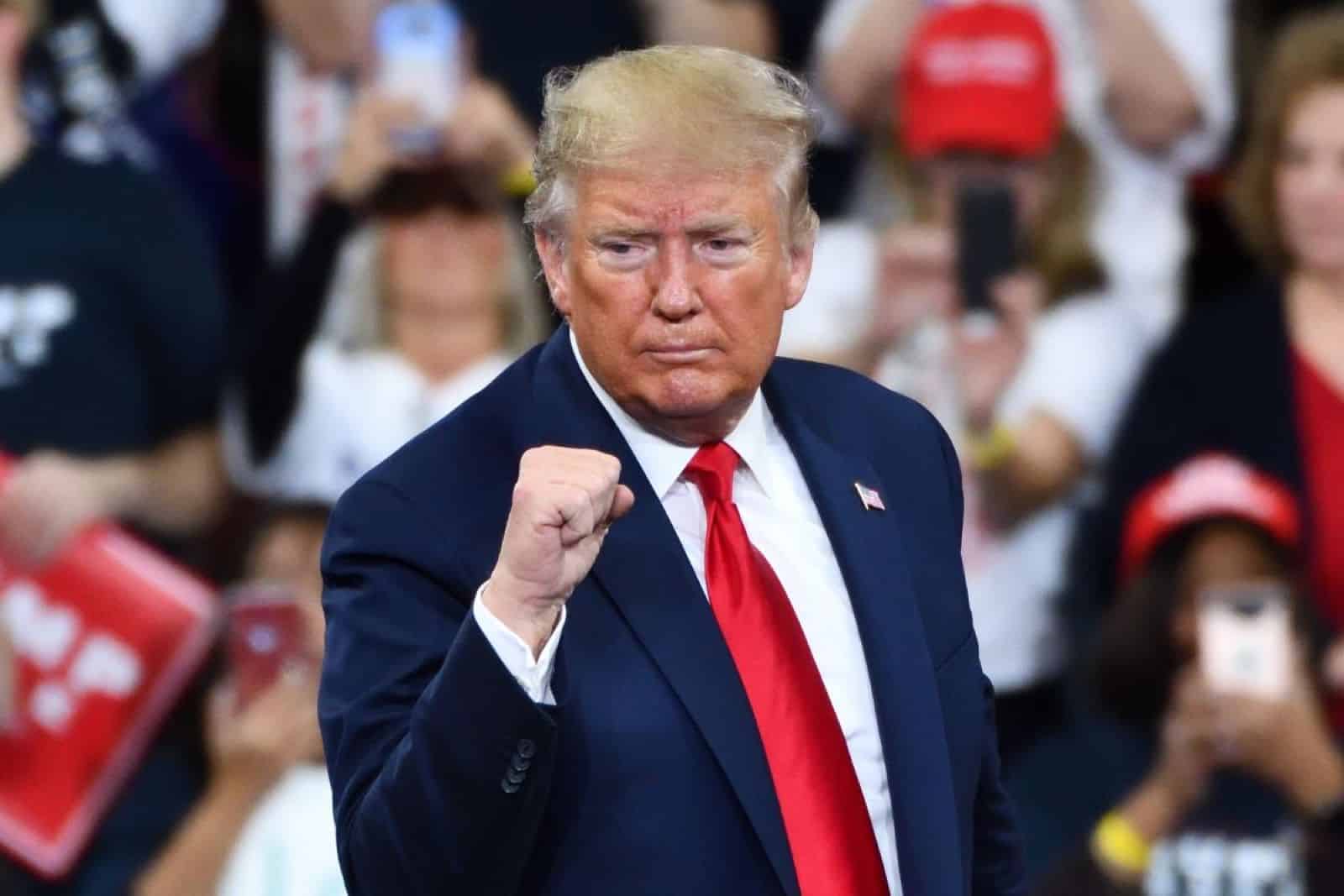
The attempted assassination of Donald Trump may not lead to immediate changes in gun laws. However, it highlights the ongoing crisis and the need for a comprehensive approach to gun violence in America.
A Critical Juncture
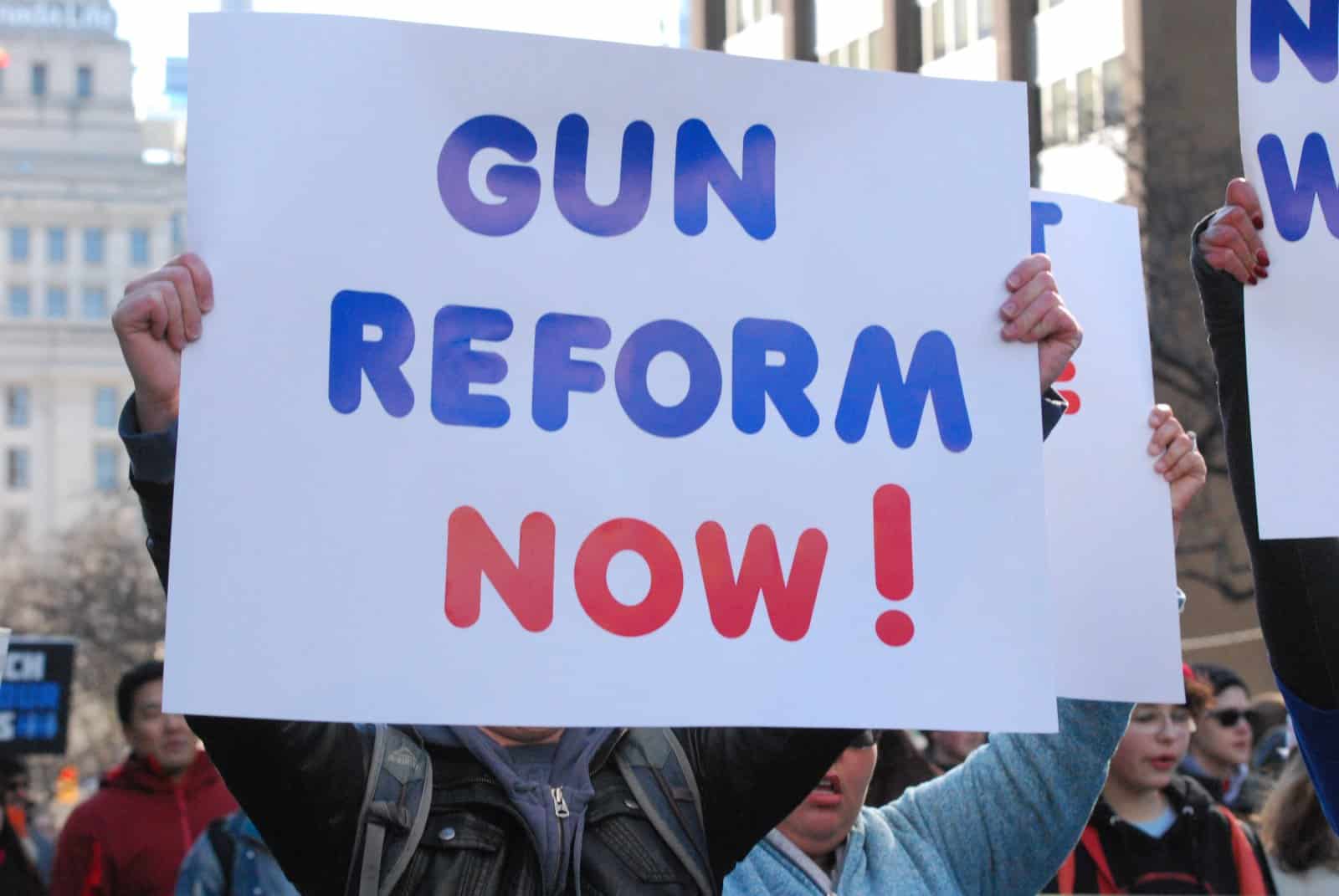
The debate over gun control has reached a critical juncture. Will the latest tragedy prompt meaningful reform, or will political divisions continue to stymie progress? How many more lives must be affected before change is realized?
21 Beliefs About the Bible That Are Actually False

The Bible is one of the most discussed and debated books in history, yet many common beliefs about it are more myth than fact. How many of these misconceptions have you heard before? 21 Beliefs About the Bible That Are Actually False
21 Subtle Racisms That Are Commonplace in America

Racism in America isn’t always overt; it often hides in plain sight through subtle actions and attitudes. How many of these subtle racisms have you noticed around you? 21 Subtle Racisms That Are Commonplace in America
Only Legal in America: 21 Things You CAN’T Do in the Rest of the World
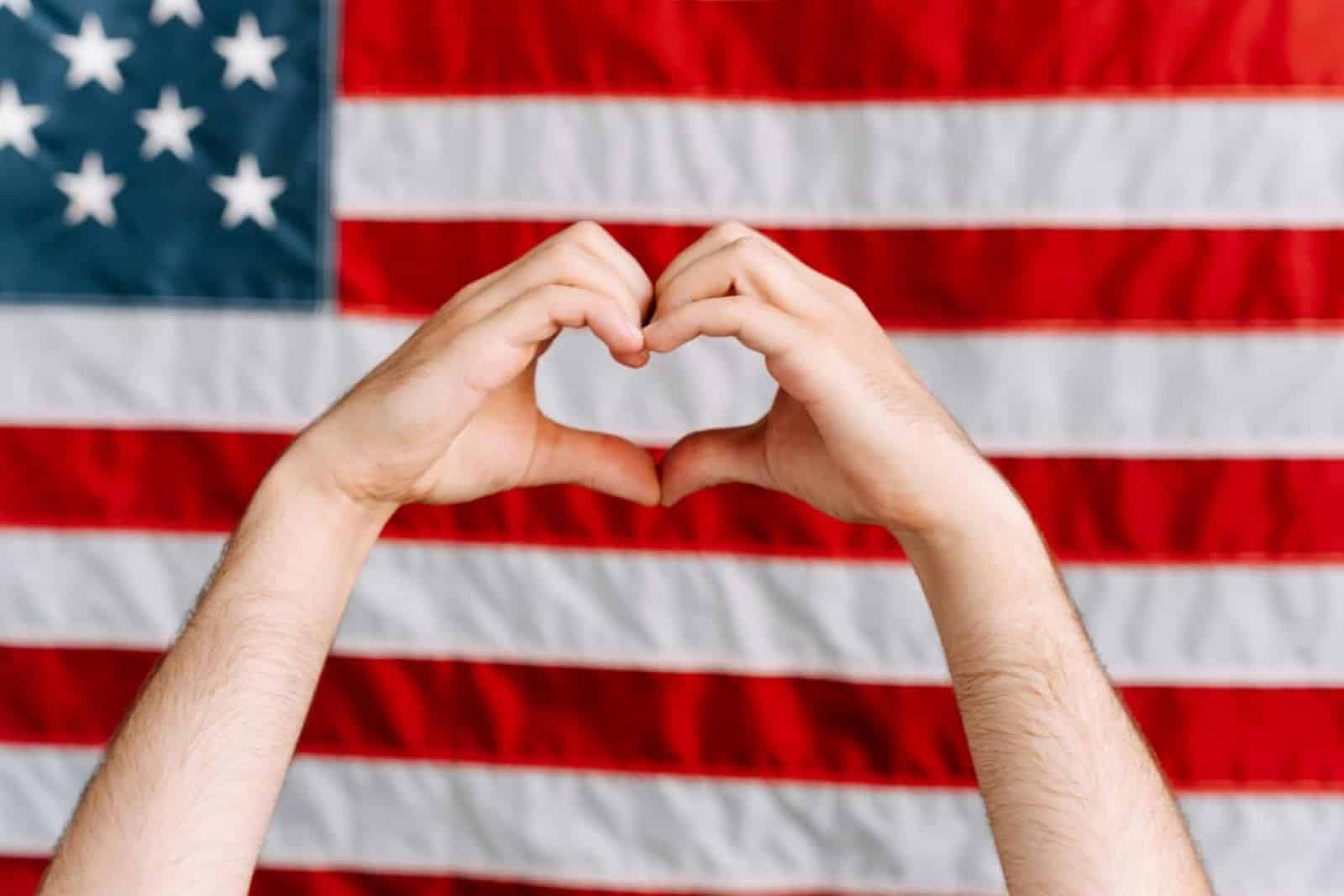
The U.S. dances to its own beat, especially when it comes to laws that make the rest of the world do a double-take. Here’s a lineup of things that scream “Only in America,” sticking strictly to what’s written in the law books. Ready for a tour through the American legal landscape that’ll leave you wondering if freedom might just be a bit too free? Only Legal in America: 21 Things You CAN’T Do in the Rest of the World
Featured Image Credit: Shutterstock / Longfin Media.

